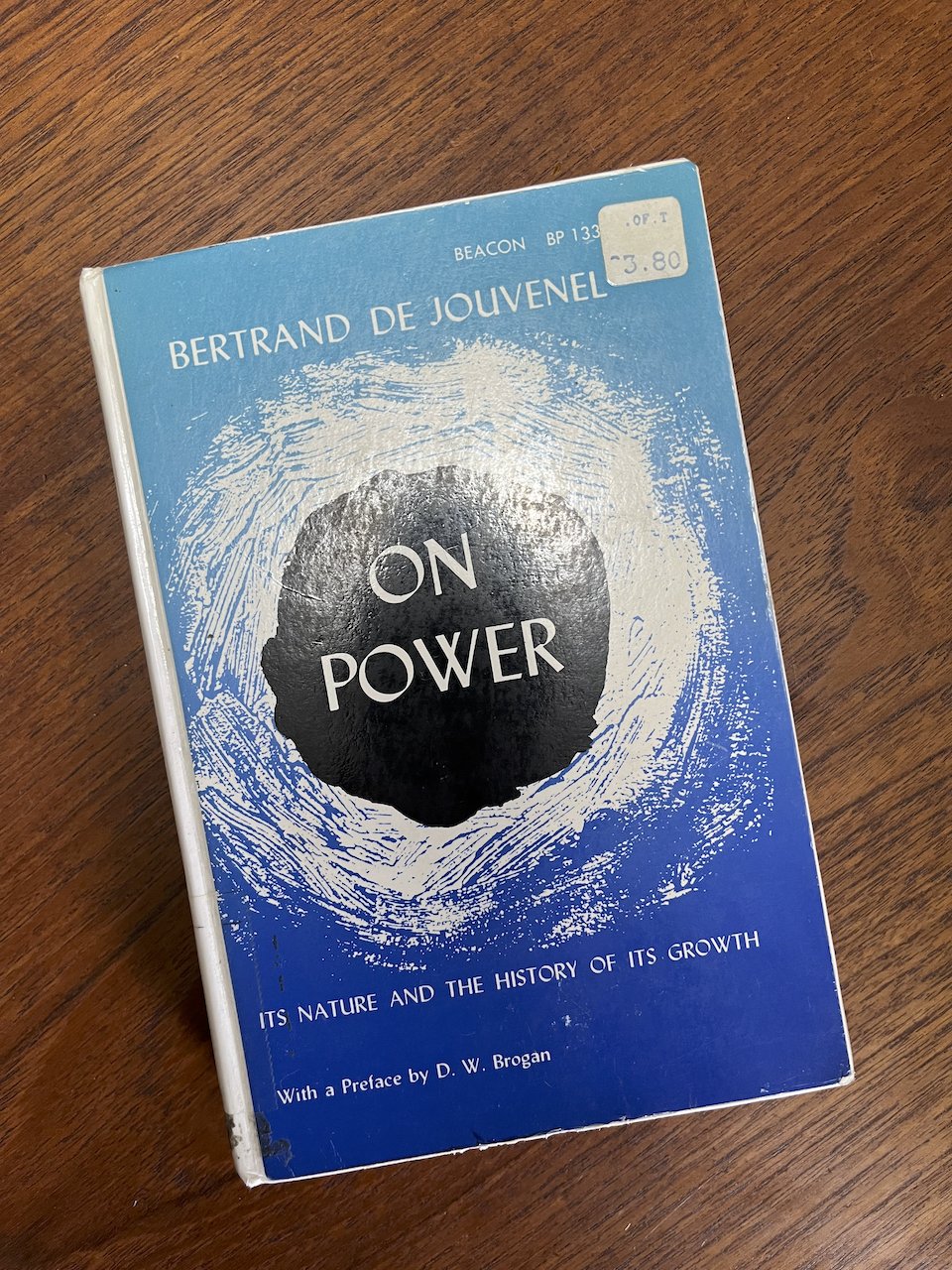“The vocabulary of the ‘anointed’ is filled with words reflecting their rejection of incremental trade-offs and advocacy of categorical ‘solutions.’ This is most clear in the law and in writings among the legal intelligentsia, where individual and social trade-offs are transformed into categorical legal ‘rights.’ Ronald Dworkin perhaps best expressed this view when he said: Individual rights are political trumps held by individuals. Just as the smallest trump beats the highest card in any other suit, so these ‘rights’ take precedence over the weightiest other considerations which are not in the form of rights. Thus the ‘rights’ of criminals take precedence over crime control, the ‘right’ to various social ‘entitlements’ takes precedence over the interests of taxpayers, the ‘rights’ of those entitled to compensation for past injustices take precedence over the interests of displaced contemporaries who complain of ‘reverse discrimination,’ and so on. Rights trump interests in this vision.”
politics
Reading de Jouvenel under martial law in Canada /
A poignant and illuminating experience. The trenchant prose shines with wisdom.
Man, in love with himself and made for action, rises in his own esteem with every extension of his personality and multiplication of his faculties. The leader of any group of men whatsoever thereby feels an almost physical enlargement of himself. His nature changes with his stature. … He is the man of destiny.
Command is a mountain top. The air breathed there is different, and the perspectives seen there are different, from those of the valley of obedience. The passion for order and the genius of construction, which are part of man’s natural endowment, get full play there. The man who has grown great sees from the top of his tower what he can make, if he so wills, of the swarming masses below him.
Are the ends which he sets before himself for the weal of society? Possibly. Are they in conformity with his desires? Often. And so the leader easily convinces himself that his one ambition is to serve the whole, and forgets that his real motive-spring is the enjoyment of action and expansion.
